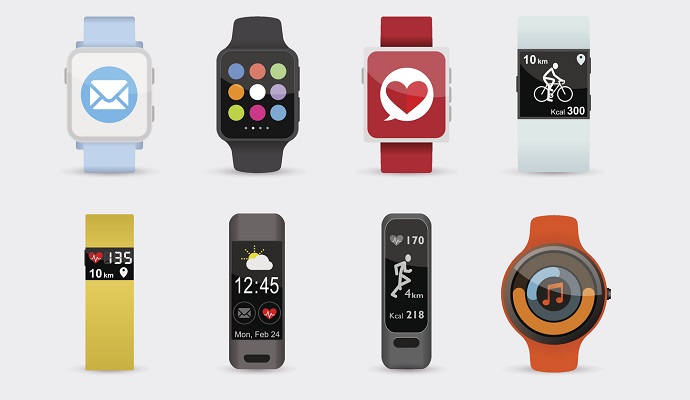1 in 5 Patients Find Wearables Hard to Use
But despite issues with usability, patients cited several benefits linked to wearables, including gaining a better understanding of their health, a new survey shows.

Source: Getty Images
- Though a vast majority of healthcare consumers (86 percent) said that wearable devices improved their health and quality of life, 20 percent said that their device is hard to use, according to a new survey.
Conducted by software research firm Software Advice in January, the survey polled 450 US patients who currently use medically prescribed wearable devices.
Nearly half of the patients (49 percent) cited gaining a better understanding of their health as the most significant benefit of using their wearable device, while 27 percent cited an improved quality of life.
About 15 percent of respondents said that the ability to receive remote care was the biggest advantage that wearable devices offer, and 5 percent said it enabled easier collaboration with their physicians.
"Wearable devices are a modern marvel that give actionable health insights to patients and doctors," said Lisa Hedges, an associate principal medical analyst for Software Advice, in the press release. "Patients cited invaluable awareness of their specific health issues, thus creating incentive to make conscious lifestyle changes and increase proactivity on medication management."
But patients also cited several drawbacks to wearable device use. About 39 percent of respondents cited security vulnerabilities as a major drawback, while 31 percent said that the less frequent office visits resulting from device use negatively impacted their relationships with physicians.
Further, the survey uncovered several issues related to usability. A majority of patients (87 percent) who use devices that require manual data entry said they had recorded inaccurate data at some point. As a result, 65 percent of patients said they have had to contact their doctor's office to correct the issue.
When asked what caused the inaccurate data, 54 percent said the instructions on inputting data were unclear, 31 percent said the device interface was confusing, and 15 percent said the device malfunctioned.
Compared to medically prescribed wearable devices, patients found commercial devices such as Apple Watches, Fitbits, and Oura Smart Rings easier to use. Nearly half (43 percent) of the patients surveyed said that their commercial device was easier to use versus only 9 percent of patients who said the same about their medically prescribed device.
When asked what resources would be helpful when provided with a new device, most patients (67 percent) said having access to a help desk or a support team would be valuable. Fifty-four percent of respondents said an in-person tutorial on how to operate their device could help, and 26 percent said a library of resources to help them troubleshoot and resolve device issues on their own would be beneficial.
Wearables are becoming increasingly popular. Deloitte has predicted that 320 million consumer health and wellness wearable devices will ship worldwide in 2022.
Providers are incorporating data from these devices into clinical care. Some, like the University of Massachusetts Amherst, Syracuse University, and SUNY Upstate Medical University, have created their own device, and others, like the University of Michigan Health, have collaborated with established technology companies that offer wearables.
